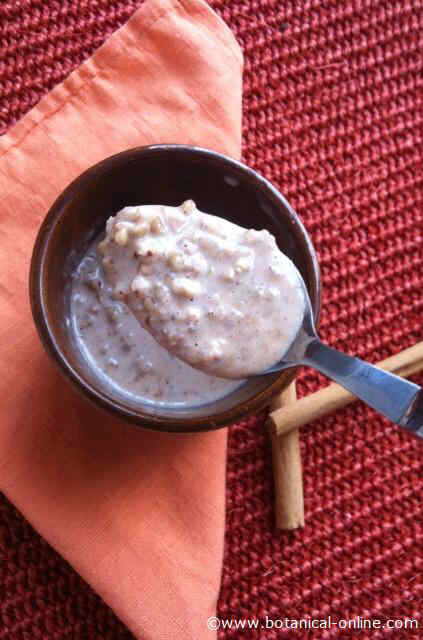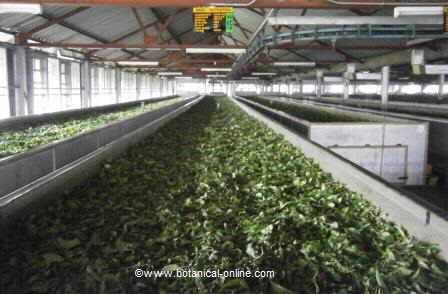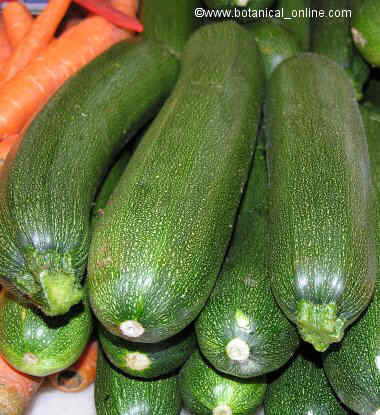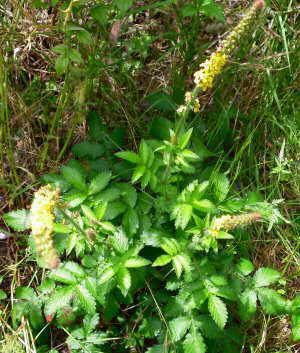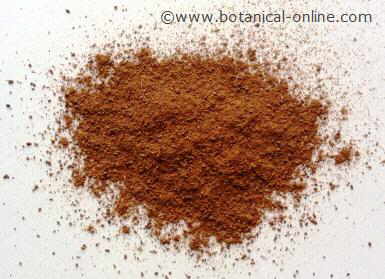Contents
- 1 Precautions in pregnancy
- 1.1 SUITABLE AND DANGEROUS PLANTS DURING PREGNANCY
- 1.2 Medicinal herbs and pregnancy
- 1.3 Appropriate plants for pregnancy
- 1.4 DIGESTIVE PROBLEMS DURING PREGNANCY
- 1.5 Plants to improve the tendency to vomiting during pregnancy
- 1.6 Plants to remove gases during pregnancy
- 1.7 Plants for constipation during pregnancy
- 1.8 NERVOUS PROBLEMS DURING PREGNANCY
- 1.9 Plants for the nerves during pregnancy
- 1.10 Dangers of herbs during pregnancy (Abortive plants)
- 1.11 Dangerous plants for pregnancy
Precautions in pregnancy
SUITABLE AND DANGEROUS PLANTS DURING PREGNANCY
Medicinal herbs and pregnancy
Among the plants suitable for pregnancy, we can consider those ones which tone up theuterine muscle tone and meet the requirements of essential minerals such as calcium, so necessary for bone formation.
As pregnancy is a time when women are under great pressure, it´s good to take those plants that act on the nervous system.
Appropriate plants for pregnancy
- Raspberry (Rubus ideaus). Its action lies in the influence of the alkaloid fragarin. Besides toning the uterine muscles and relaxing them (this will result in reducing the pain of childbirth), it helps in preventing vomiting and it is slightly sedative, so you can substitute other herbs that have an irritating and dangerous action during pregnancy. (Tea leaves)
- Maca (Lepidium meyenii) Maca is also a suitable plant to improve fertility in women and men. (1.5 g. maca daily, divided into 3 doses of 0.5 g., during a period of 30 days)
- Stinging nettle (Urtica dioica): As a mineralizer, this plant has a high content of calcium and vitamins. I’s highly suitable as a general tonic to prevent the physical exhaustion through pregnancy.
- Alfalfa (Medicago sativa) Due to its calcium and magnesium content and the presence of potassium which acts as a nervous system depressant.
Other plants suitable for pregnancy are: Aloe (Aloe vera), pumpkin (Cucurbita pepo), coconut (Cocus nucifera), chocolate (Theobroma cacao)
| ¡IMPORTANT! It’s necessary to drink liquids for the fiber to work properly. If you have a lack of appetite, you can drink rice milk (fortified with calcium), as it tends to be good for the stomach and thus increases the calcium intake in your diet. If you take medications, separate them from these foods. Fiber supplements can alter the effect of medications. |
DIGESTIVE PROBLEMS DURING PREGNANCY
Plants to improve the tendency to vomiting during pregnancy
Plants that are useful to overcome the tendency to vomiting are:

Photo of mallow flowers Mallow (Malva syslvestris) For its wealth in mucilage, mallow soothes the stomach. so it can decrease the acidity or bloating, contributing to a reduction in vomiting. (Infusion of dried flowers)
- Marshmallow (Althaea officinalis) As mallow, it is rich in mucilage (flowers or root are used)
- Chamomile (Matricaria chamomilla)
- Peach (Prunus persica) this plant is especially suitable for treating vomiting that occur during pregnancy when a pregnant woman gets up in the morning. (Infusion of a teaspoon of dried flowers per cup of water. Take a cup after breakfast)
Plants to remove gases during pregnancy
We can use the following plants:
- Lemon balm (Melissa officinalis) (Infusion of the dried plant)
Plants for constipation during pregnancy
- Psyllium (Plantago psyllium) Seeds of this plant hydrated in water. Between 10 and 30 grams per day in 2-3 divided doses. Take with plenty of water.
NERVOUS PROBLEMS DURING PREGNANCY
Plants for the nerves during pregnancy
- Lemon balm (Melissa officinalis) (Infusion of the dried plant)
Dangers of herbs during pregnancy (Abortive plants)
The dangerous plants women should avoid during pregnancy are the ones that stimulate the uterine muscles and may induce an abortion.
These would include:
Dangerous plants for pregnancy
- Tansy (Tanacetum vulgare, Chrysanthemum vulgare) Medicinal plant very dangerous for its capacity to induce abortion.
Saxifraga longifolia Lapeyrouse and Saxifraga Catalaunian Boissier et Reuter
- Rue (Ruta graveolens L. and Ruta angustifolia Pers), are emmenagonic plants whose toxic principle – sophorine or cytisine – with a similar action to strychnine or curare, can cause abortions. This principle causes an increased blood circulation in the uterus, causing forced menstruation and abortions.
- Dictamnus hispanicus Webb Used by shepherds to make goats abort. It has also been used in maceration with brandy for the same purpose in people. Its essential oil is highly flammable.
- Parsley (Petroselinum crispum (Miller) AW Hill) The presence of apiol in the essential oil has an abortive effect. The fresh plant can not lead to abortions because the amount of essential oil is too low for its specific gravity.
The use of essential oils is not recommended because of their great toxic power due to apiol (with an “abortion dose” very near the lethal dose) and also to the presence of furocoumarins (phototoxic substances). It is a plant that should not be consumed in excess.
- Fennel (Foeniculum vulgare) is also very rich in apiol and its essential oil should not be taken during pregnancy.
![]() More information about pregnancy care.
More information about pregnancy care.



